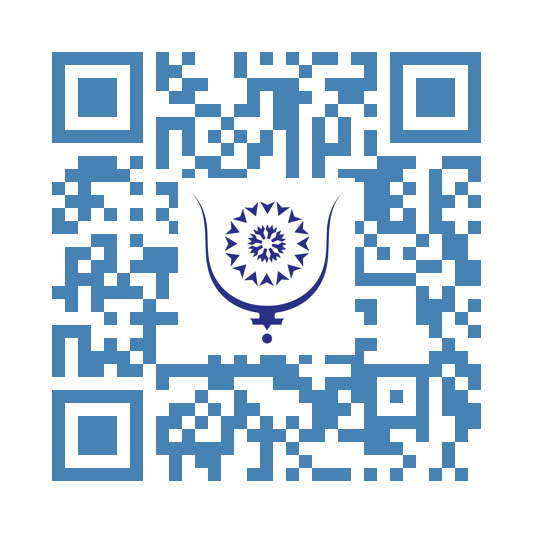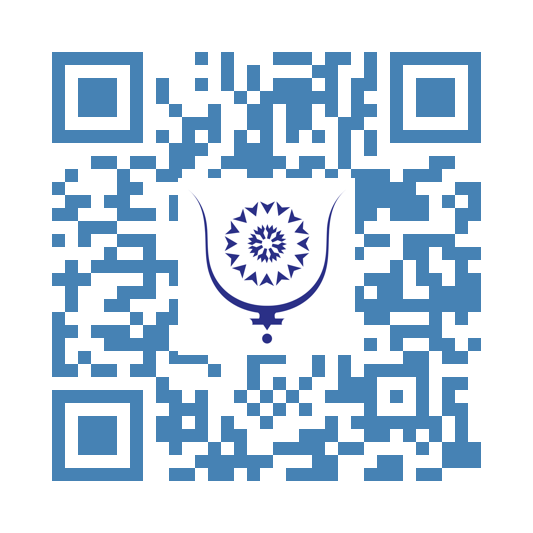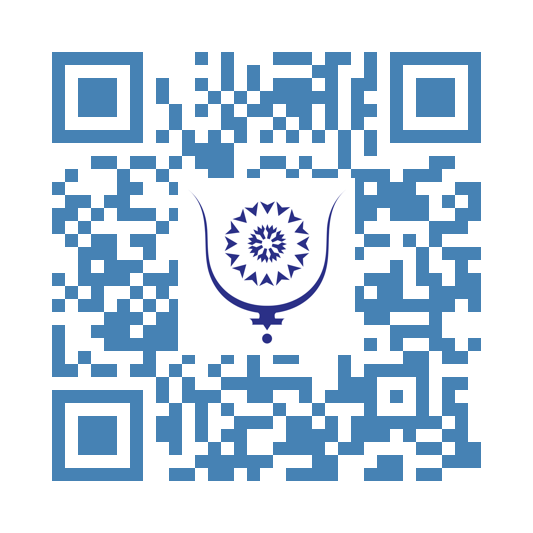Rare diseases are not as rare as they seem... 7735
On Saturday february 22, I had the privilege of attending the 6th Rare Disease Day. Dr Khadija Moussayer, President of the Moroccan Rare Diseases Alliance, did me the honour, and I thank her for allowing me to sit at the table with the great medical professors who were going to discuss cutting-edge medical issues, requiring expertise and mastery of various subjects, as well as a deep humanism and a certain love of the country and its people.
Unfortunately, I was only able to attend half of the proceedings, for which I am very sorry.
So-called rare diseases are not in fact all that rare. They may be rare in terms of numbers, but they are so common that they are a daily occurrence in medical circles. They are rare because they are often invisible in a social environment that does not yet understand them or does not understand them well enough. They have a heavy impact on the emotional, sociological and economic life of families and enormously on the lives of the people affected. They are not yet adequately treated in university curricula, and are poorly understood by general practitioners and even by many paediatricians. Increasingly easy access to medical treatment is bringing these conditions out into the open, revealing their complexity and diversity to the medical community itself, as well as to families and society at large.
They have an enormous psychological impact on families, disorientating them, tearing them apart and impoverishing them. Because of their genetic nature, they leave the families and individuals concerned in doubt, and plunge them into anxiety, disgust and self-hatred. Negative emotional reasoning and feelings of responsibility are never far away. This is often the driving force behind heavy social prejudice. Tradition and lack of education do the rest. They can go so far as to break up a family and often make the woman responsible. I myself met a young woman who was repudiated and rejected simply because she had given birth to a Marfan child. Her husband and family blamed her for the problematic birth and put her out on the street. Today, she is bringing up her child alone and is fighting to feed him, look after him, educate him and have his difference understood and accepted at school.
Rare diseases are even more problematic, when you consider that doctors don't come across them every day in their consultations, and can even go so far as to ignore their existence. Their diagnoses are so complex at times that they require the intervention of multiple highly qualified specialities to define their existence and the protocols to be followed. More than in any other situation, the person diagnosed needs to be followed by more than one specialist at the same time. Is this always the case?
Special tribute must be paid here to Professors Asmaa Quessar and Amine Benmoussa, who addressed the issue from the haematological point of view, explaining the complexity of the manifestations of some of these diseases and the impact of certain treatments. Professor FZ El Fatoiki focused in particular on skin manifestations, which in fact hide many things inside and are therefore crucial to diagnosis.
Professor Imane Chahid received a special mention for her presentation on type 1 neurofibromatosis, which goes beyond café au lait spots. She recommended the creation of working groups involving all the specialities concerned, in order to limit patients' medical wandering and save time, efficiency and money. We need to explain to mothers that café au lait spots on a baby's skin are not ‘touhimates’. This ignorance can delay the treatment of a child with the disease, with all the consequences that can entail.
That's true.
One of the problems faced by families is medical wandering. Patients can spend a long time consulting and treating symptoms - ophthalmological, gastric, dermatological, etc. - before being diagnosed with a rare disease. Wandering is extremely costly.
The testimony of a father who lost two children was particularly poignant. It was an emotional moment. The dignity and courage he showed make him an admirable character.
I was reassured by the youth and commitment of more than one of the speakers. The sheer number and quality of people in attendance, and the questions asked by professionals and parents, show that there is a growing interest and expertise. The clarifications and commitment expressed on behalf of Moroccan geneticists by Prof. Karim Ouldim augur better days ahead, and a probably innovative approach to rapid and early diagnosis, and hence to treatment. In a way, he was responding to Prof. Chahid's call to work in clusters.
Taking an interest in genetics brings us back to the question of data and the power of our computers. When it comes to genetics, AI is going to play a vital role, and if Morocco is not to suffer from the biases of others, it must compile and process its own data and train machines capable of understanding the specific genetic characteristics of Moroccans, because there are some, and that's normal. Any delay in this area will result in a lack of control, a squandering of skills, waste and a failure to respond effectively to the real needs of citizens.
A fundamental question hovered over the room just before the lunch break: why is it that the work carried out by eminent Moroccans, the results of research carried out in the country and other discoveries are not taken into account in the establishment of public health policies? The gap between Moroccan research and the spheres of political decision-making is simply abnormal. A country can only progress from within through scientific research and hard work. Public policy must be based on innovation and research in the Moroccan field. Benchmarking is good, but research at national level is even better. I had the impression, and I was not the only one, that politicians go so far as to ignore, not to say despise, national skills, preferring to put their trust in foreign consultancies that are often ill-advised and ignorant of Moroccan realities and particularities. This is one of the reasons why our health and other systems are being hampered and impacted.
It's unfortunate to be asking such questions in 2025.
The day was an immeasurable success and deserves a great deal of media coverage, because the aim was to raise awareness. Lalla Khadija Moussayer and her team succeeded. We can never thank them enough for that.
Thank you also for giving me the opportunity to meet Professor Mohammed Itri, an eminent paediatrician who left Rabat to teach at the CHU Ibn Rochd, but who never forgot his neighbourhood and his childhood neighbours...




